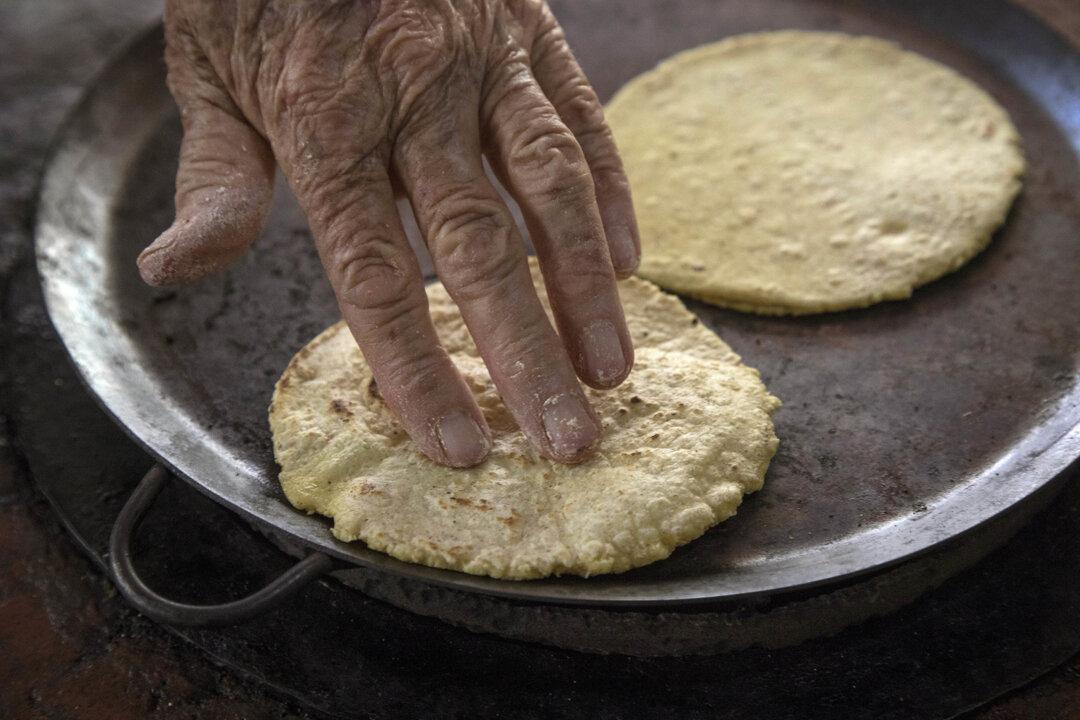Commentary
The farmers market in the neighborhood I’m staying at in Mexico City seems nearly as large as a football field, with merchants coming from many miles around to set up huge stands of produce, sauces, meats, and everything you would need for a healthy and extraordinary diet.





